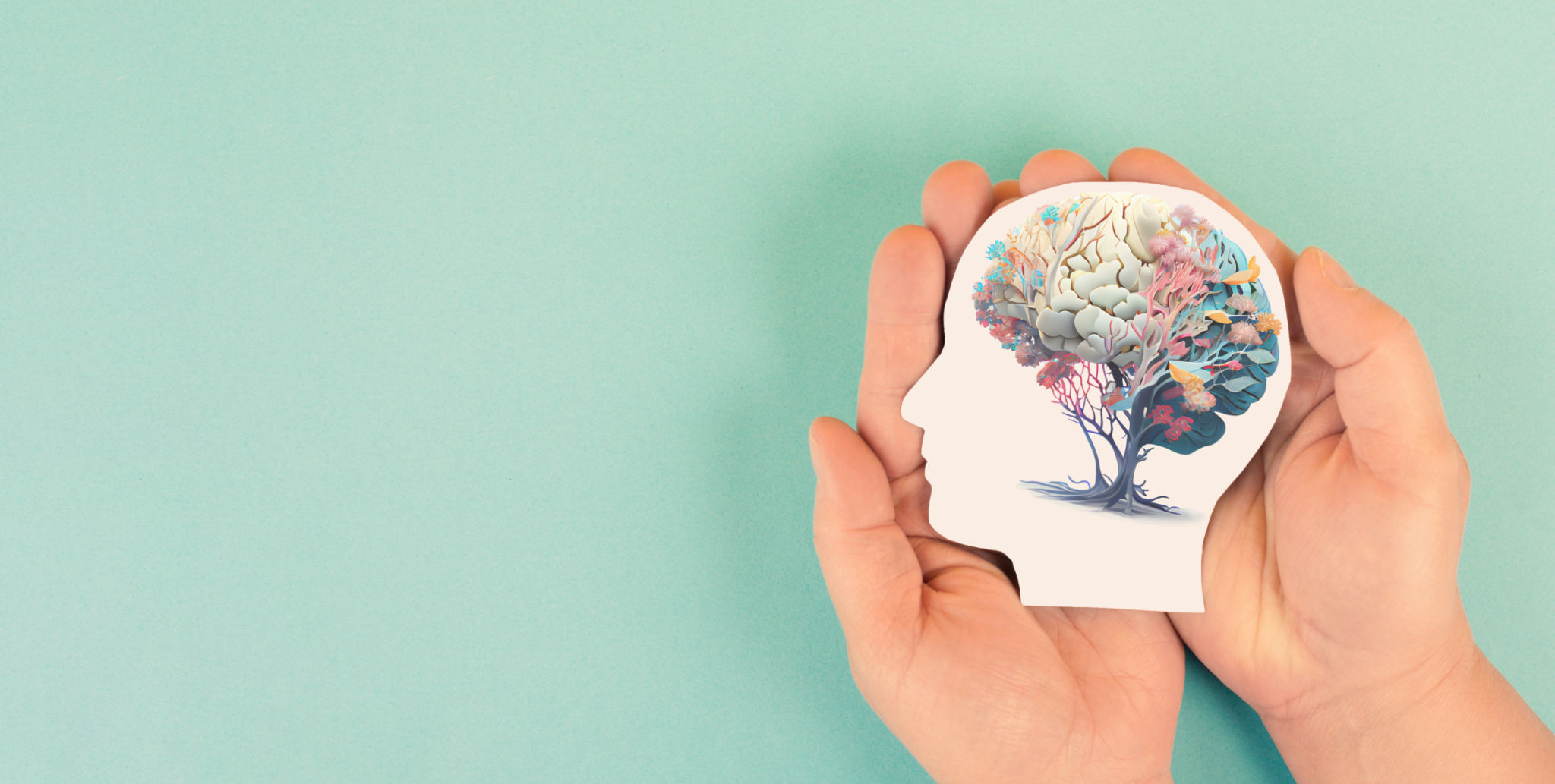The Impact of Massage Therapy on Stress Relief and Mental Wellbeing
Understanding Stress and Its Impact
In today's fast-paced world, stress has become a common part of our daily lives. Whether it's work-related pressure, personal challenges, or the constant bombardment of information, stress can have a significant impact on our mental and physical health. Understanding how to manage and reduce stress is crucial for maintaining overall wellbeing.
Chronic stress can lead to a variety of health issues, including anxiety, depression, cardiovascular problems, and a weakened immune system. Finding effective ways to manage stress is essential for maintaining both mental and physical health.

The Role of Massage Therapy in Stress Reduction
Massage therapy is increasingly being recognized as a powerful tool for stress relief. By applying pressure to muscles and soft tissues, massage therapy helps to relax the body and mind. This relaxation response can significantly reduce stress levels, leading to improved mental clarity and emotional balance.
One of the primary benefits of massage therapy is its ability to trigger the release of endorphins, the body's natural painkillers and mood elevators. As these chemicals are released, they help create a sense of relaxation and overall wellbeing.

Mental Wellbeing and Massage Therapy
The connection between massage therapy and mental wellbeing is profound. Regular massage sessions can help alleviate symptoms of anxiety and depression by reducing cortisol levels—the hormone associated with stress—and increasing serotonin and dopamine levels, which are known to enhance mood.
Additionally, massage therapy encourages mindfulness and self-awareness. During a massage session, individuals have the opportunity to disconnect from everyday stressors and tune into their bodies. This mindful practice can lead to improved emotional regulation and a greater sense of peace.

Physical Benefits Supporting Mental Health
Beyond the direct mental health benefits, massage therapy also offers a range of physical benefits that support overall wellbeing. These include:
- Improved circulation, which enhances oxygen and nutrient delivery to cells.
- Reduced muscle tension, leading to fewer headaches and muscle pains.
- Enhanced immune function, aiding in better resistance to illness.
These physical improvements can contribute to better sleep quality and increased energy levels, both of which are crucial for maintaining mental health.
Incorporating Massage into Your Wellness Routine
Making massage therapy a regular part of your wellness routine can be highly beneficial. Consider scheduling regular sessions with a licensed massage therapist to help manage stress effectively. Even if professional sessions aren't feasible, self-massage techniques or using tools like foam rollers can offer significant relief.
Incorporating other stress-reducing practices such as yoga, meditation, or deep-breathing exercises alongside massage therapy can further enhance its benefits. By creating a holistic approach to stress management, individuals can achieve a more balanced and resilient mental state.

Conclusion
The impact of massage therapy on stress relief and mental wellbeing cannot be overstated. As an effective, natural method for reducing stress and enhancing mental health, regular massage sessions can play a crucial role in a comprehensive wellness plan. By prioritizing self-care through massage therapy, individuals can experience profound improvements in their overall quality of life.
